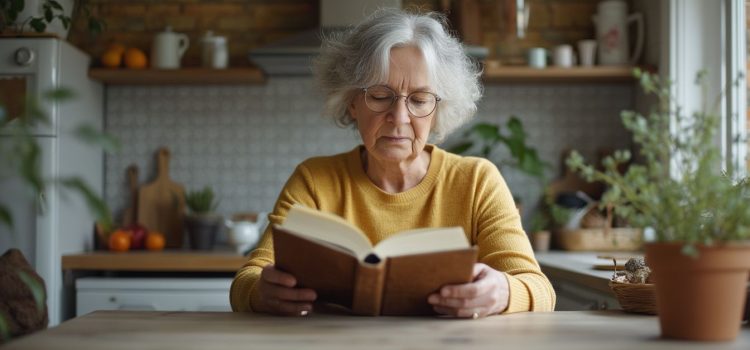Is there scientific evidence linking alcohol to cancer? Why aren’t there cancer warnings on alcohol bottles? How much alcohol is okay to drink? In January the US Surgeon General issued a report calling for cancer warnings on every beer, wine, and liquor bottle sold in America. Despite many myths that have circulated for decades, even light drinking can pose serious health risks. Here’s why you can’t trust drinking guidelines around alcohol.
How Much Alcohol Is Okay? The Answer: None. Here’s Why










